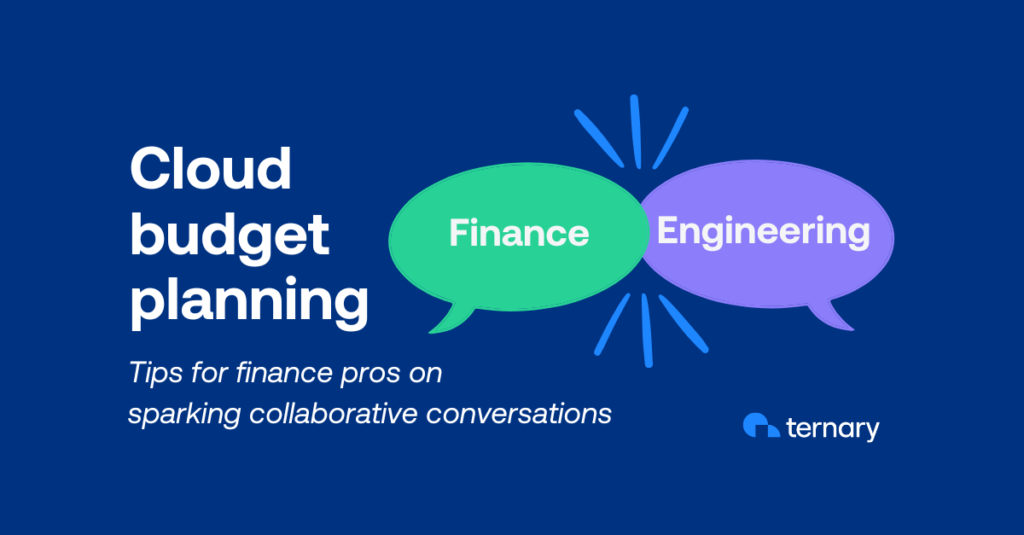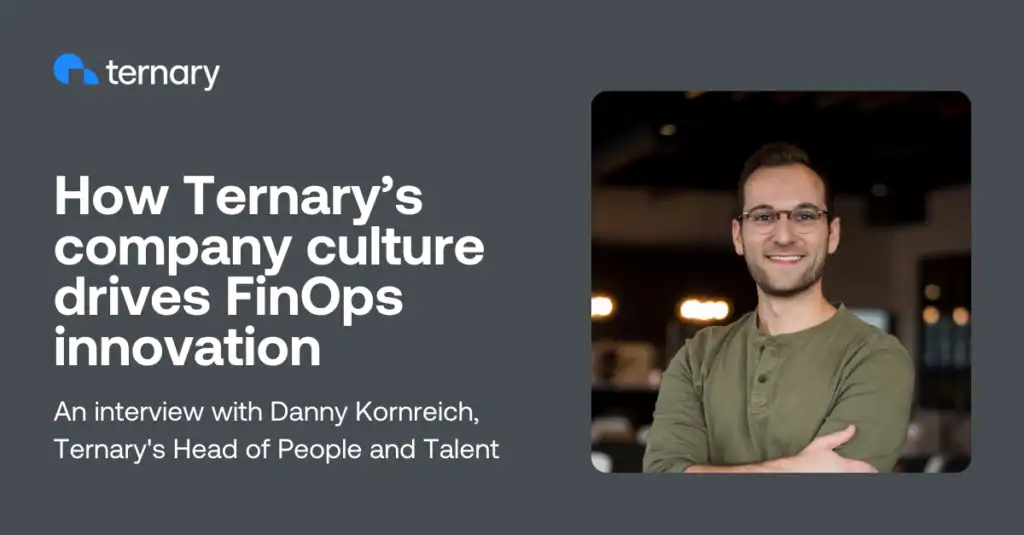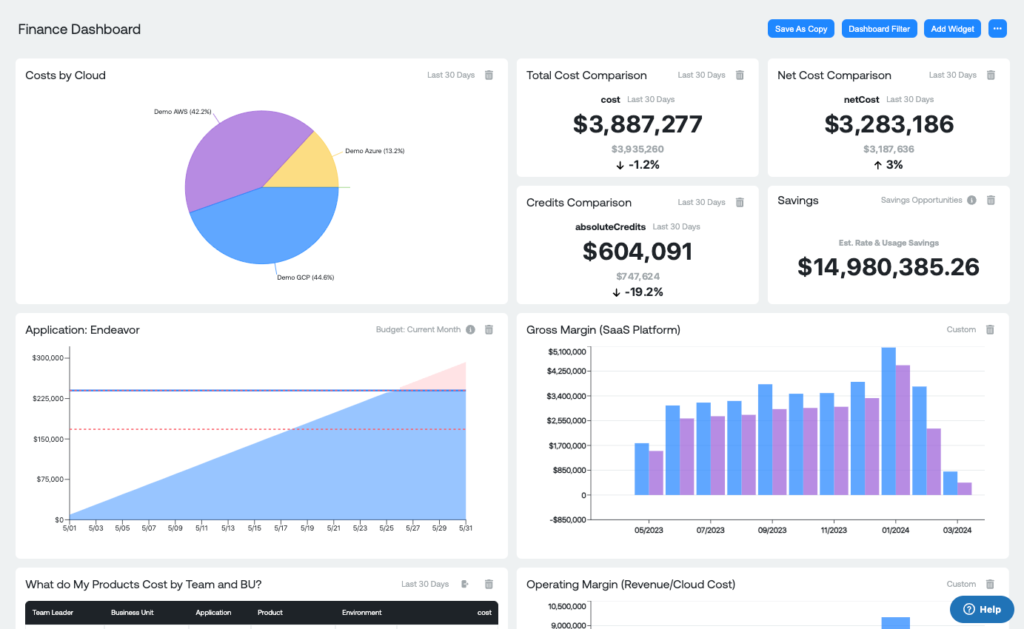We’ve all been there: you go to the grocery store for “just a couple of things” and leave with a receipt you never expected. As a grocery store employee, I see it happen to people every day. And as a member of the Ternary team, I see it happen to teams’ cloud spending. Luckily, just like grocery shopping, FinOps helps you rein in your cloud spending before you’re in the checkout line.
Keep reading to learn how to take control of your multi-cloud costs.
Tip #1: Check your cart
There’s nothing like looking into your shopping cart and realizing most of the stuff in it was not on your list at all. Impulse purchases, duplicates, and unnecessary bulk add up! This happens due to lack of visibility. When you can’t physically see what you’ve collected, it’s hard to track it.
This happens with cloud spending too. Different people buying different resources for different clouds turns smart spending into a challenge. This can show up as:
- Idle instances (like expired food in your fridge)
- Overprovisioned resources (buying in bulk, then letting it go to waste)
- Redundant services (buying 3 types of peanut butter)
Ternary solves these bloated costs using our reporting engine. With Ternary’s reports and dashboards, you can see where you’re putting resources, what you’re spending on, and what your spend is accomplishing in the most user-friendly way possible. Think of it as an organizer for your cart, letting you see exactly what you are getting through your trip!
Tip #2: Watch out for unexpected charges
It’s no secret that stores love to make you pay more at the last second. From bag fees to expired coupons to markups, there’s a whole list of add-ons that can throw your budget out the window. Each cloud provider pulls this trick in their own way. Egress charges, third-party services, and misconfigured autoscaling can all surprise you at the end of a billing cycle.
Ternary helps you manage hidden costs and detect unplanned changes in spending with our anomaly detection functionality.
And from a procurement standpoint, Ternary is committed to price transparency. We have flat-rate pricing that encompasses all of our functions and capabilities. You also don’t have to worry about overage fees or professional services; just one upfront number you can plan around!
Tip #3: Make a grocery list
Ever shopped without a grocery list? Things get overwhelming quickly. Without the structure of a plan, you can’t tell what’s necessary and what’s a waste. The same is true for FinOps. Everyone buying in the moment leads to unnecessary spending. It also makes it more difficult to predict expenses in the future.
Ternary uses forecasting to help you plan for future expenses. Look at data up to a year back and predict up to two years ahead for unmatched visibility. Our budget management tools allow for lower expenses and less waste.
Tip #4: Collaborate with who you are shopping for
“We need cereal!” “Add milk to the list.” “Do you want me to get ice cream?” Even when you shop alone, it’s clear that grocery shopping is a group event. The input of everyone in the house gives you structure and makes the effort of shopping worth your while.
FinOps also relies on collaboration. Engineering, Finance, and product all contribute to spending—but need shared accountability. Enter cross-functional collaboration. Ternary fosters conversations across teams by curating relevant data and aligning stakeholders. This increases accountability while simultaneously encouraging better cloud spending.
Tip #5: Build good habits
No matter how complicated shopping can feel—in the grocery store or FinOps—there are some rules you can always depend on. For example:
- Rightsizing = choosing store-brand vs. premium
- Scheduling = only buying perishable items when you need them
- Commitment discounts = buying in bulk, but smartly
Ternary ensures you’re getting the best performance for every dollar by optimizing what you run and what you pay. Learn more about cost optimization.
Chaotic trial-and-error to conscious spending
It’s clear looking at grocery shopping and FinOps that little changes in procedure make a big difference.
Using better strategy and better planning, you can turn FinOps into a powerful tool for growth in your organization. Who wouldn’t want to add that to their cart?
Strengthen your FinOps strategy with Ternary.




